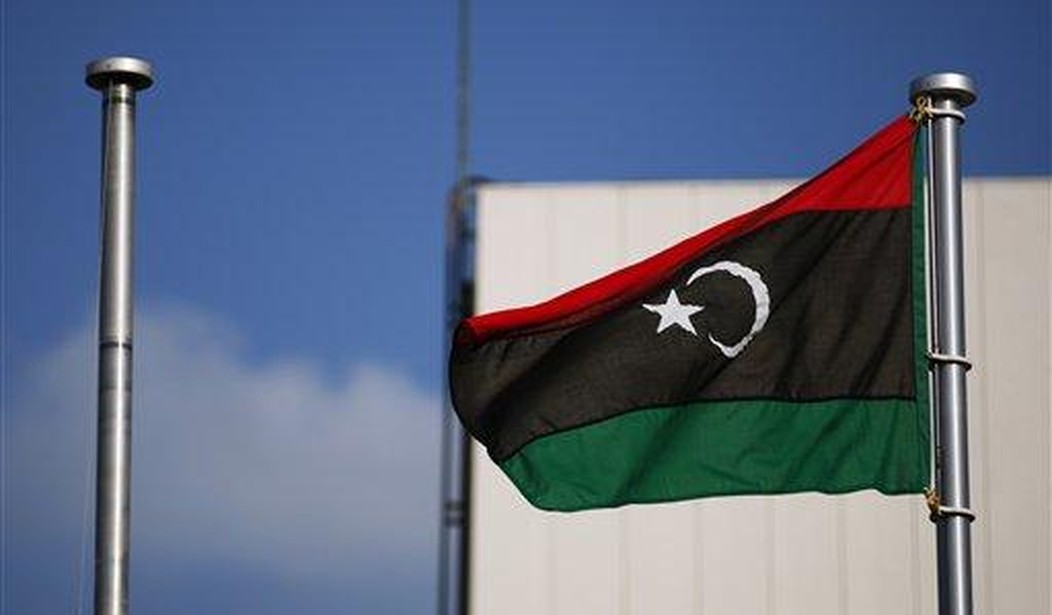For Libya to become democratic, its new prime minister needs international support.
This month, anger over deteriorating living standards in Libya overflowed into street protests. For years, Libyans have been understandably unable to square their country having the largest proven oil reserves in Africa with falling living standards and 18-hour-a-day power cuts. The crisis became acute this summer, prompting Libyans back to the streets to demand basic quality of life.
After a decade of unrest and conflict, following a brave lurch away from dictatorship ten years ago, the country is caught in a tug of war between a man who yearns for a return to the days of dictatorship and another who offers a brighter future for the country.
Fathi Bashagha, appointed Prime Minister by the House of Representatives earlier this year, has been steadily increasing in stature. Bashagha is recognized as the sole prime minister by communities across the country, and even if the international community is slow to officially recognize him, on the ground in Libya, his legitimacy is becoming increasingly undeniable.
As Bashagha visited the northwestern city of Misrata last month to court civilian support, some attempted to spoil the party. A handful of militias who are loyal to Hamid Dbeibeh, the increasingly nefarious incumbent prime minister who refuses to yield power to Bashagha, made their presence known.
It was an important moment. Bashagha was visiting a city he had been told was a no-go area. Misratans thought otherwise and a huge crowd shielded him from one of the few extra-judicial militias who wished to interfere with his visit. The armed group was then expelled from the city center by the crowd.
Dbeibeh’s claim to the prime ministership looks increasingly ridiculous. Discontent has become so severe that he can barely leave a handful of neighborhoods in Tripoli, the capital city. It is clear from his actions that he doesn’t care about the progress or prosperity of Libya, only that he is its ruler. Under his watch, Libya has failed. His departure is inevitable. We can only hope he leaves peacefully and quietly. It will be Bashagha who clears up the mess.
Recommended
The writing is on the wall for Libya’s wannabe Gaddafi 2.0. He rules only through force, and has not hesitated to enrich himself and his cronies, taking money from national oil revenues. Dbeibeh has turned Libya into a mafia state. The question now is how much there will be left to salvage when he departs, probably in exile.
Despite constant attacks from all directions, Bashagha has done his best to get on with governing. He has sought to revive oil revenues, engaged with grassroots leaders, and done his best to build up Libya’s international links. He has also vowed to lead the country to elections – something that is perhaps Libya’s only hope in staving off further unrest and de-facto partition.
For Bashagha to deliver elections where Dbeibeh has failed, he needs international recognition – recognition of his efforts and sacrifices. For years, the international community led by the United Nations has walked a ludicrous tightrope, refusing to take sides and being publicly reticent when it comes to backing a leader. As the choice between Bashagha and Dbeibeh becomes increasingly black and white, the UN position grows untenable.
The time for stand-offs is over. The UN and Western governments must publicly throw their weight behind the only man who can deliver the elections Libya needs. Nobody is capable of fixing Libya overnight, but a step towards elections is the only step in the right direction. Let’s quit prolonging the crisis through indecision and give Bashagha the support he needs to deliver elections. It is Libya’s only hope.
Jason Reed is a writer and broadcaster on politics and policy for a wide range of outlets. Follow him on Twitter @JasonReed624
























Join the conversation as a VIP Member